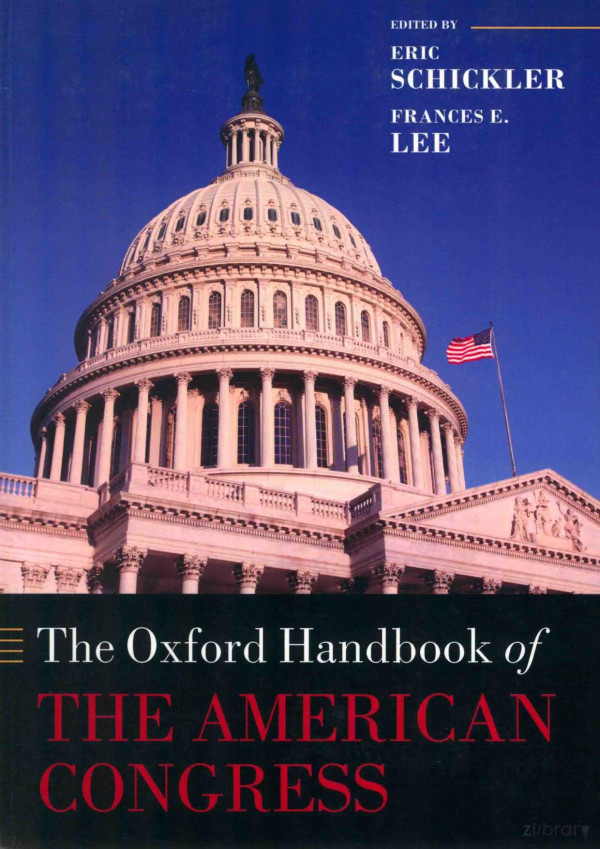

Most ebook files are in PDF format, so you can easily read them using various software such as Foxit Reader or directly on the Google Chrome browser.
Some ebook files are released by publishers in other formats such as .awz, .mobi, .epub, .fb2, etc. You may need to install specific software to read these formats on mobile/PC, such as Calibre.
Please read the tutorial at this link: https://ebookbell.com/faq
We offer FREE conversion to the popular formats you request; however, this may take some time. Therefore, right after payment, please email us, and we will try to provide the service as quickly as possible.
For some exceptional file formats or broken links (if any), please refrain from opening any disputes. Instead, email us first, and we will try to assist within a maximum of 6 hours.
EbookBell Team

4.4
22 reviewsNo legislature in the world has a greater influence over its nation's public affairs than the US Congress. The Congress's centrality in the US system of government has placed research on Congress at the heart of scholarship on American politics. Generations of American government scholars working in a wide range of methodological traditions have focused their analysis on understanding Congress, both as a lawmaking and a representative institution. The purpose of this volume is to take stock of this impressive and diverse literature, identifying areas of accomplishment and promising directions for future work. The editors have commissioned 37 chapters by leading scholars in the field, each chapter critically engages the scholarship focusing on a particular aspect of congressional politics, including the institution's responsiveness to the American public, its procedures and capacities for policymaking, its internal procedures and development, relationships between the branches of government, and the scholarly methodologies for approaching these topics. The Handbook also includes chapters addressing timely questions, including partisan polarization, congressional war powers, and the supermajoritarian procedures of the contemporary Senate. Beyond simply bringing readers up to speed on the current state of research, the volume offers critical assessments of how each literature has progressed - or failed to progress - in recent decades. The chapters identify the major questions posed by each line of research and assess the degree to which the answers developed in the literature are persuasive. The goal is not simply to tell us where we have been as a field, but to set an agenda for research on Congress for the next decade.